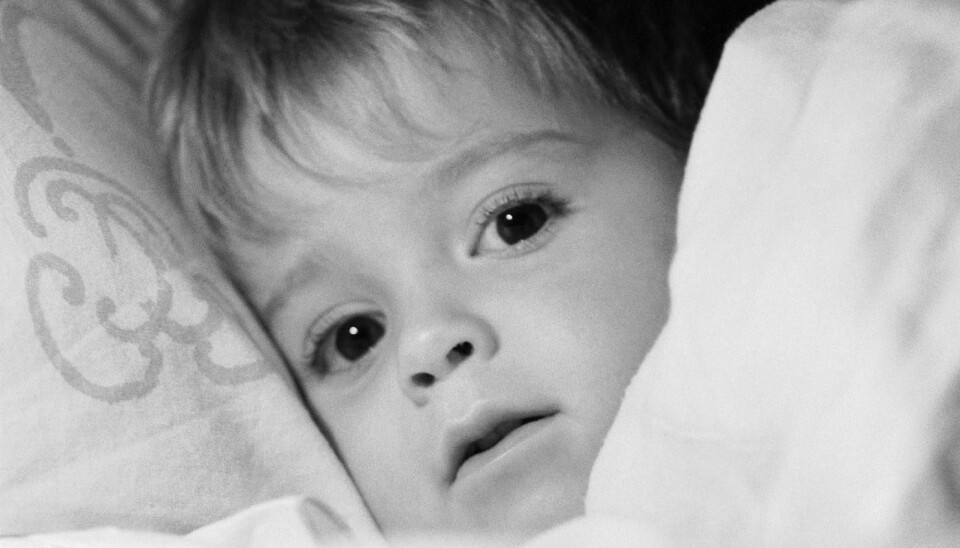
Anxious children at risk for multiple problems
Children suffering from anxiety also risk developing other conditions – with research showing more than 60 percent struggling with speech and motor skills problems.
Denne artikkelen er over ti år gammel og kan inneholde utdatert informasjon.
Anxiety is the most widespread mental health disorder for children and teenagers, afflicting ten per cent of Norwegian children. But anxiety does not come alone – it's often compounded with additional problems.
Research carried out by Benedicte Skirbekk MD for her doctoral thesis indicates that 60 percent of children with anxiety disorder also suffer from problems with speech and motor skills.
The findings also show that ADHD children suffering from anxiety have more problems with concentration than those struggling with ADHD.
“Between 80 and 90 percent have these additional problems,” says Skirbekk.
Study with 141 children
The study included 141 children, with 105 undergoing outpatient treatment and 36 being part of a control group. The 105 children, between seven and 13 years old, had been referred to treatment for anxiety, ADHD or both – with conditions such as separation anxiety, social phobias, panic attacks or compulsive thoughts.
Previous research shows that children with speech or motor skills problems are more likely to have anxiety disorder than others – but Skirbekk does not believe anxiety itself is the root of the problem.
“It is more likely that motor skills problems create anxiety, or alternatively are being caused by the same triggers as anxiety. This could also be the case for speech problems.”
She believes the triggers could be either genetic, or be caused by events during pregnancy, premature birth, unfortunate events, or perhaps a brain defect. There are many possible causes.
Missing out on social activities
Having problems with motor skills or speech as well as anxiety can make it even harder for the child to deal with everyday activities.
Skirbekk says that in order to tackle anxiety, it's necessary for children to try out the things they fear, so they can experience a good outcome.
"But if they struggle with getting their shoes on in time, or can't hear what is being said, they will miss out on the social activities they need to practice on.”
Failing to notice problems
There is a danger that health professionals fail to identify additional problems when children are diagnosed and treated for anxiety – something Skirbekk hopes to address with her research.
“Even if children get rid of the anxiety, they will still struggle with speech and motor skills. However, if they receive support, they are better equipped to deal with these problems.”
The researcher believes the introduction of new routines in the health service, looking into whether the child is suffering from anything more than anxiety, would be a good start. They could then be given exercises to improve skills.
Involve struggling children
Skirbekk emphasises the importance of adults actively involving children with speech or motor skills problems in everyday activities – for instance in the classroom, where they might struggle without teachers noticing.
“Children will avoid tasks they can't manage, and rather say 'I don't want to do it' rather than 'I can't do it'. If they don't participate in all activities, they will easily feel isolated. That's why it's important for adults to include these children at the level where they are comfortable,” she concludes.
---------------------------------------------
Read this article in Norwegian at forskning.no






























